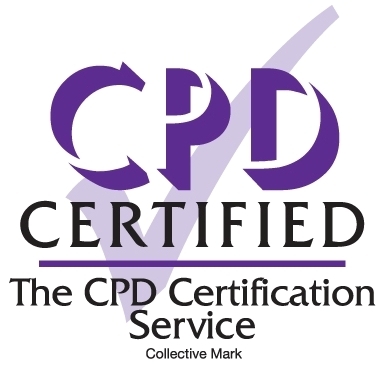


KCSP CPD online training systemYour personal learning site |
The course will help you to recruit staff or volunteers in schools, academies, colleges or anywhere that provides services to children and their families.
This course has been developed in line with the Department for Education’s Keeping Children Safe in Education Guidance (written in 2015, updated in 2021), which outlines the legal duties you are obliged to follow to safeguard and promote the welfare of children and young people under the age of 18 in schools and colleges
Upon completion of this course you will gain the safeguarding skills and confidence you need to better protect children through recruiting staff and volunteers to roles in education.

This course contains the following modules:
| Module name | Type | Duration |
|---|---|---|
| Why is safer recruitment important | Online | 00:25:00 |
| Key legislation | Online | 00:30:00 |
| Preparation | Online | 00:35:00 |
| Shortlisting and interviewing | Online | 00:35:00 |
| Checking the selected candidate | Online | 00:23:00 |
| Ongoing vigilance | Online | 00:21:00 |
People who would benefit from taking this course include:
And anybody else involved in the recruitment of people who will work with children.
The objectives of this course are to:
What is safer recruitment?; Safer recruiting checks; An employer’s challenge; Who is ‘unsuitable’?; Designated Safeguarding Lead; Safer recruitment guidance; Who should be involved?; Using agencies; The applicant information pack; Job description and person specification; Safeguarding statement; Criminal convictions, formal warnings or cautions; What is the self-disclosure form?; Applicant information pack; Application form; Using CVs; Reference pro-forma; Placing a job advertisement; Shortlisting; Self-disclosure; References; Unfounded allegations; Invitation to interview; Equal treatment; Interview questions; Opening disclosures; Making assumptions; Sex, drugs, violence; Passing on concerns; Job offer; Range of checks; Regulated activity; Starting work before the DBS certificate arrives; DBS Update Service; How to create a safer culture; New staff inductions; Code of conduct; Probationary period; Why is it difficult to report?; Monitoring and evaluation of processes
To access any of the courses you will need to login. If you do not have an account you will need to self-register or contact us for login details.
Please click the link to download the course flyer.
This course has been independently certified as conforming to universally accepted Continuous Professional Development (CPD) guidelines.
